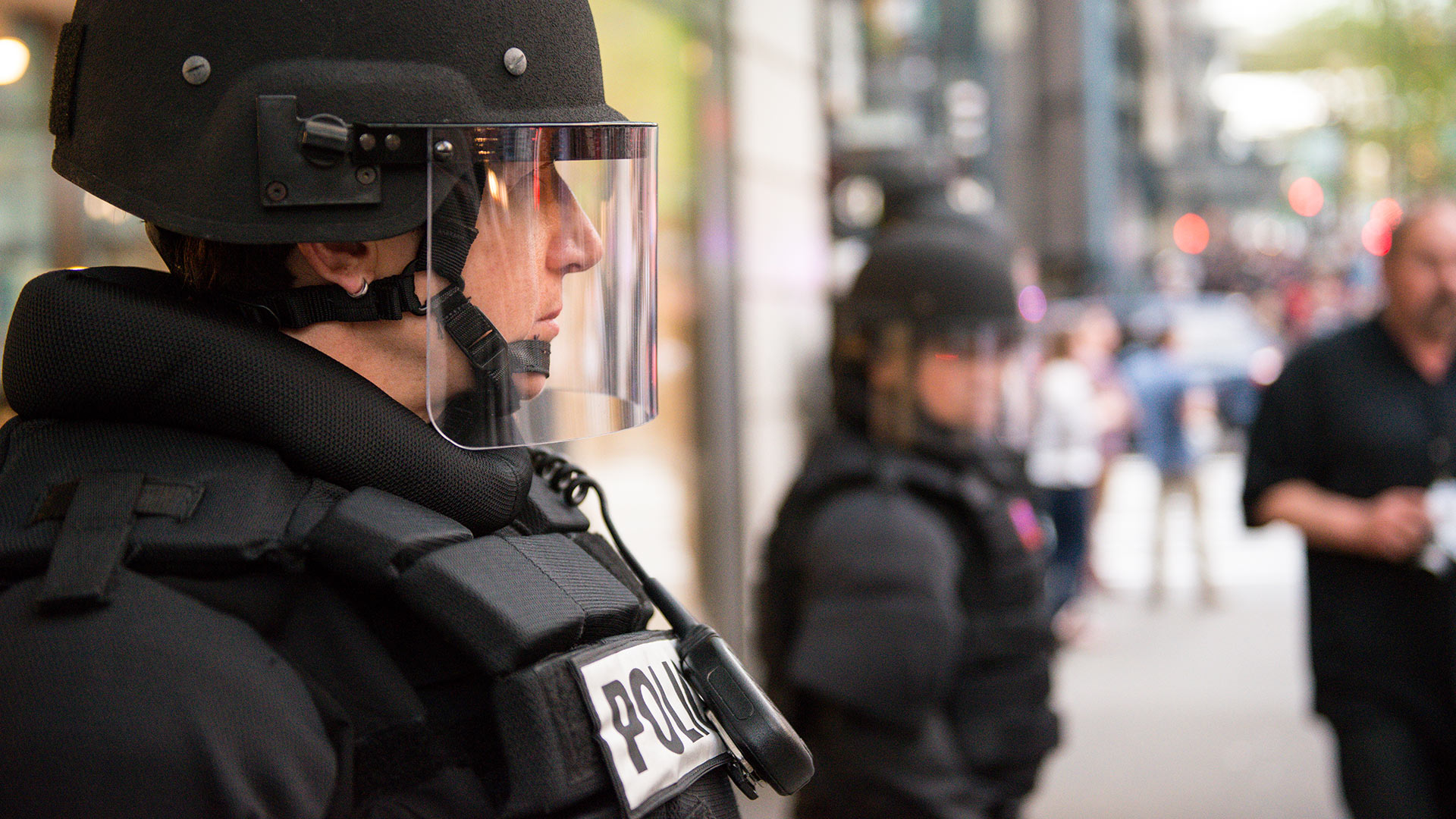[ad_1]

Seattle officials and the U.S. Justice Department on March 28 requested that a judge end federal oversight over the city’s police department, citing significant reforms to policies and procedures made over the last several years.
In 2011, the Justice Department imposed federal oversight over the department after an investigation found that Seattle’s police officers relied too much on use of force instead of first de-escalating encounters.
Since then, Seattle has reformed many aspects of its police department.
According to city officials, the department has implemented new systems for dealing with people in crisis, as well as responding to complaints of biased policing, supervising officers and identifying problematic officers.
According to department statistics, the use of serious force has decreased by 60% since adopting various reforms.
The total cost of the new policies, with installing new database systems and other expenses, is estimated to be upward of $200 million.
Assistant Attorney General Kristen Clarke praised the city’s response to the consent decree.
“Seattle stands as a model for the kind of change and reform that can be achieved when communities, police departments and cities come together to repair and address systemic misconduct,” Clarke said.
However, officials agree that more work needs to be done in improving police accountability and crowd control following the racial justice protests in 2020.
In regard to accountability, U.S. District Judge James Robart determined that the city did not comply fully with the consent decree.
The judge cited as an example the case of Adley Shepherd, a former officer who punched a handcuffed and drunk woman during a 2014 arrest. In that case, Police Chief Kathleen O’Toole fired Shepherd after the incident, but a disciplinary review board overturned the chief’s decision and reinstated the officer before a state appeals court ultimately intervened and upheld the dismissal.
Civil rights investigations are also being carried out against police departments in other major cities. For example, in Oakland, California, a court-enforced federal oversight decree has been in effect for the last two decades. Other cities under consent decrees include Phoenix, Minneapolis, Louisiana and New York.
Seattle Mayor Bruce Harrell said the city’s focus on implementing reforms has been rewarding.
“We look at it as an investment in our city — keeping everyone safe, keeping our businesses safe,” he said. “It was an emotional investment for many of us as well. … We made these investments, and it’s paying off.”
Enoka Herat, an attorney with the American Civil Liberties Union (ACLU), said that the data shows improvement by the department, but there are still problems that need solving.
“Whatever the court decides, we’ll continue to be watching to make sure Seattle police continue engaging in constitutional policing, and that officers are held accountable,” Herat said.
[ad_2]




